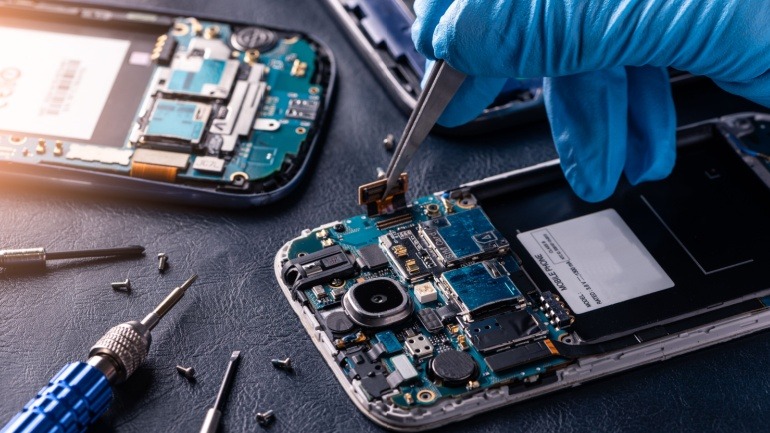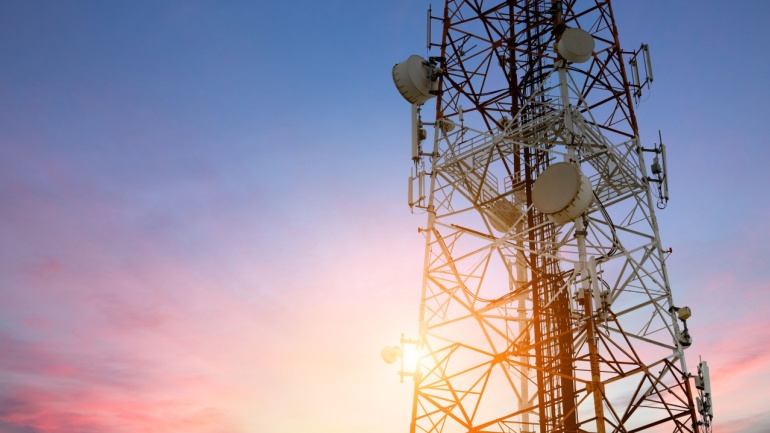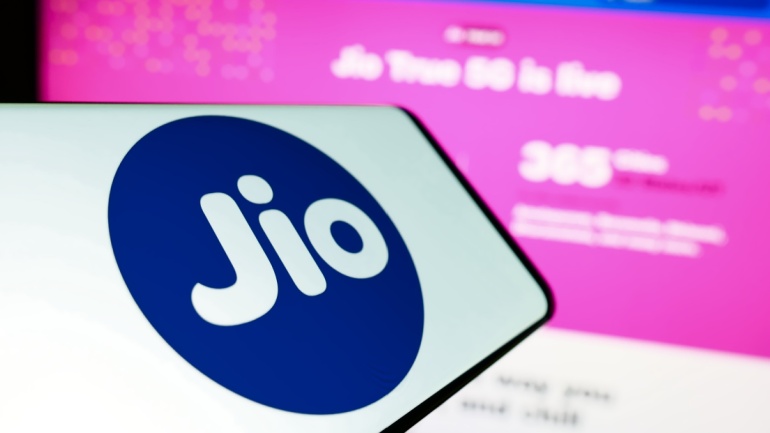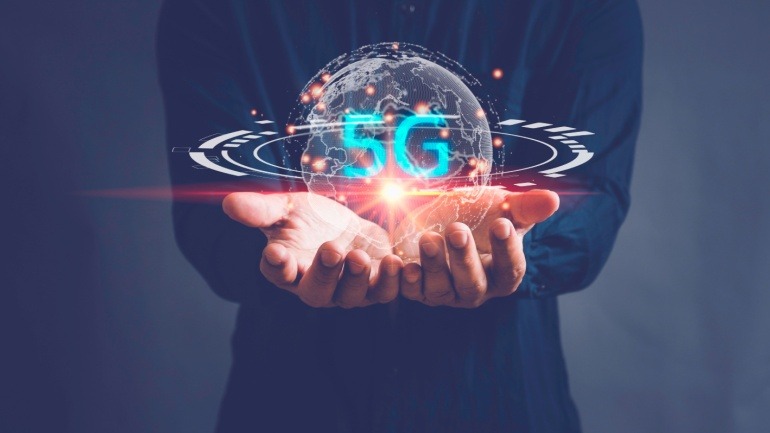OpenAI is reducing its Microsoft dependency by partnering with SoftBank for compute needs by 2030, via the Stargate project. This switch will decrease reliance on Microsoft, with SoftBank’s $30 billion investment crucial for AI data centers.
Apple’s iPhone C1 modem chip marks a major shift in reducing reliance on Qualcomm, targeting an 80% cut by 2026. The 4nm modem, debuting in the iPhone 16e, enhances network performance but lacks mmWave 5G.
GNM has expanded its network with a new Point of Presence (PoP) in Budapest, enhancing connectivity across Central Europe. Leveraging its DWDM system, the PoP improves redundancy, optimizes traffic flow, and offers interconnection services like GNM-IX and IP Transit.
Airtel is revolutionizing India’s telecom sector by collaborating with Nokia and Qualcomm to amplify 5G Fixed Wireless Access (FWA) and Wi-Fi solutions. Emphasizing the advantages of 5G technology, this partnership is set to address India’s digital demands.
Kyndryl is integrating Palo Alto Networks’ AI-driven security into its SASE offering, enhancing cloud-based network security with zero-trust principles. By modernizing IT infrastructure and reducing reliance on on-premise systems, Kyndryl aims to streamline operations and bolster cybersecurity.
As AI reliance surges, Verizon innovates with its AI Connect suite, positioning itself as a leader by enhancing AI infrastructural efficiency. This strategic shift emphasizes real-time AI processing at the edge, offering faster, cost-effective solutions for businesses.
Sparkle has partnered with Oceanic Environmental Cables to recycle 22,000 kilometers of unused submarine cables, significantly reducing carbon emissions. By repurposing materials, they drive eco-friendly practices.
Vodafone has sold its remaining 3% stake in Indus Towers for $330 million, marking its exit from the company. Proceeds were used to settle loans and increase Vodafone Idea’s ownership to 24.39%.
Reliance Jio Infocomm is accelerating its 5G services monetization through Jio AirFiber, targeting one million new users in a month. The company’s strategic drive for customer expansion aligns with its goal of potentially launching an IPO by 2025.
Vodafone Idea is poised to transform India’s telecom landscape with its 5G launch. By targeting 75 key cities, Vodafone aims to reclaim market share from Reliance Jio and Airtel. Offering potential pricing advantages, Vodafone’s 5G rollout promises compelling opportunities for consumers.













